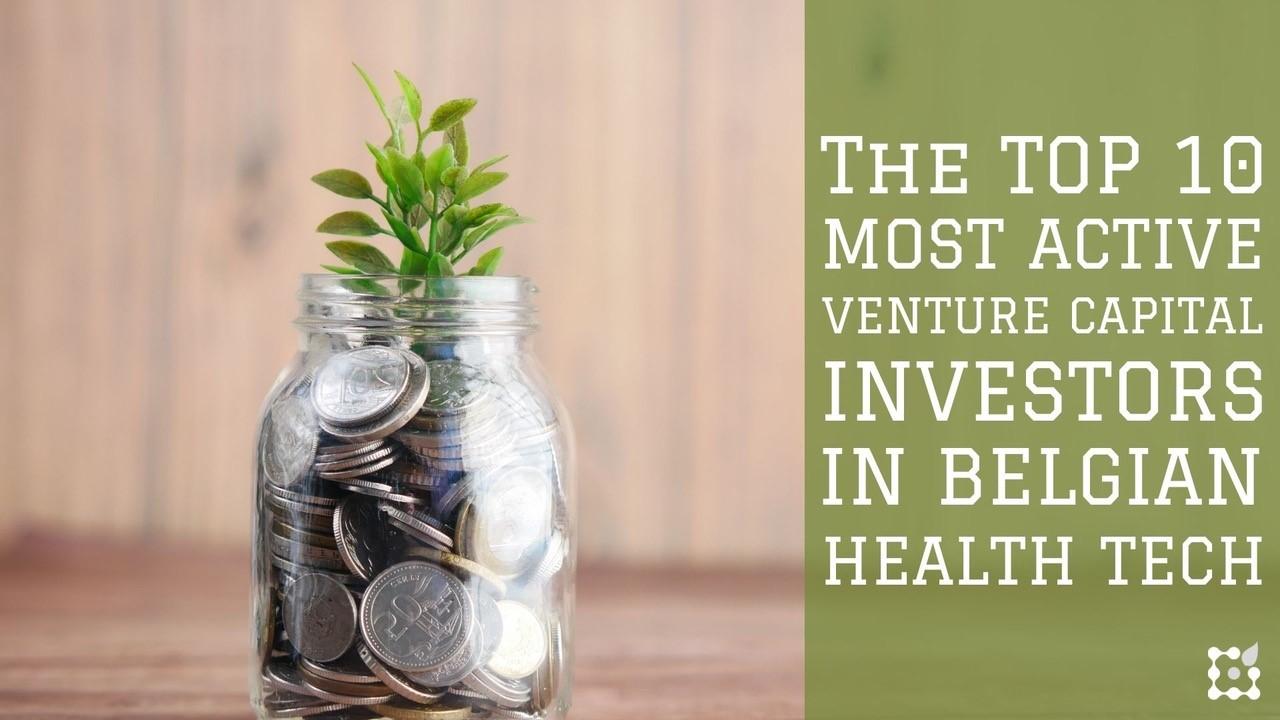Nudges, little pushes in the back, are very useful in health care. They make health prevention fun and educational. And they offer great opportunities for entrepreneurs in all subsectors of health. So there are good reasons to dedicate this post to nudges.
What are nudges and where does that funny word come from?
Nudges are small actions or designs encouraging people to live healthier, greener or financially more profitable. Typically, they are not at all pedantic: people enjoy them and like the result on their behaviour.
The idea is that people sometimes need a little help to make the right or good choices for them. This is exactly what nudges do. They are small interventions in the environment or in the choices offered, leading people almost imperceptibly to the behaviour that is best for them.
The term ‘nudge’ goes back to the successful book by Richard Thaler and Cass Sunstein in 2009: Nudge. Improving decisions about health, wealth and happiness. The behaviour economist (Thaler) and the ethical lawyer (Sunstein) explain how people make largely emotional (or experienced) choices and how this not always leads to the best solutions for their financial situation, health or spatial environment.
They argue that small nudges in the back can help to make people healthier, more prosperous and happier. Thaler and Sunstein discuss different possible applications for nudges (e.g. pension savings) and explain which design the nudges have to meet to be successful.
These are the characteristics of a nudge:
- it is a minor intervention in a situation
- at a small cost
- requiring a low effort
- retaining the free choice of the people
- but nevertheless leading to positive behavioural change
Specific and interesting health nudges that have been tested in Europe are:
- people are less likely to miss their doctor or hospital appointment when they receive a message indicating the cost of the appointment. In fact, the positive effect of ‘cost messages’ is higher than with ’empathic messages’ pointing out to the patient the longer waiting time for others when they don’t show up. Tested at NHS UK in 2013 (source: report Behavioral insights and Public Policy, OECD, 2017).
- The promotion of healthy food in supermarkets as the socially desirable option increases sales of these products (research October 2015, De Ridder).
- Centralising healthy snacks in train stations leads to an increase in the sale of healthy food, even if you clearly indicate the nudge to the people. The public reacts positively to the nudge. (Floor Kroesse study, Journal of Public health, june 2016).
Why are nudges relevant for health entrepreneurs?
They fit with an increased commitment to prevention and the desire to keep people healthy and at work. They can be part of a set of actions of companies and governments. Health nudges respond to people’s psychology and can also be incorporated into self-management programmes.
Furthermore, nudges are easy to incorporate into mobile health solutions, both for primary and secondary prevention. They fit into serious gaming and virtual reality environments.
They are also part of secondary prevention programmes and help healthcare providers gain a better insight into the evolution of their patients.
Next, nudges are particularly interesting for pharmaceuticals, in the context of a proper lifestyle that enhances the impact of their products and for therapeutic compliance, for example.
Moreover, they help to achieve more (cost) efficient care operations, as the NHS example shows.
They are interesting for all stakeholders in the food and sports industries.
And last but not least, also public partners can use health nudges. After all, many of the nudges happen in public environments. Using these public spaces to stimulate healthy behaviour, offers social benefits and increases the attractiveness of a municipality or city. If you are looking for more inspiration on bold health prevention policies in Belgium and the Netherlands, you can look here.










